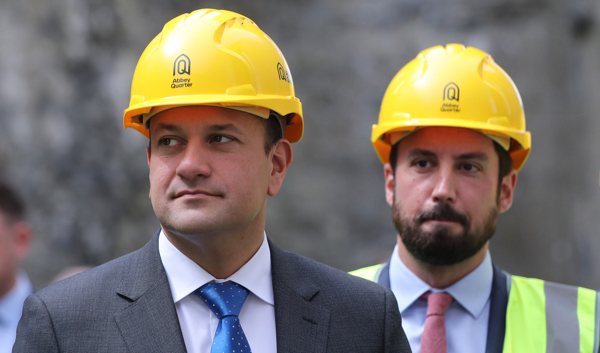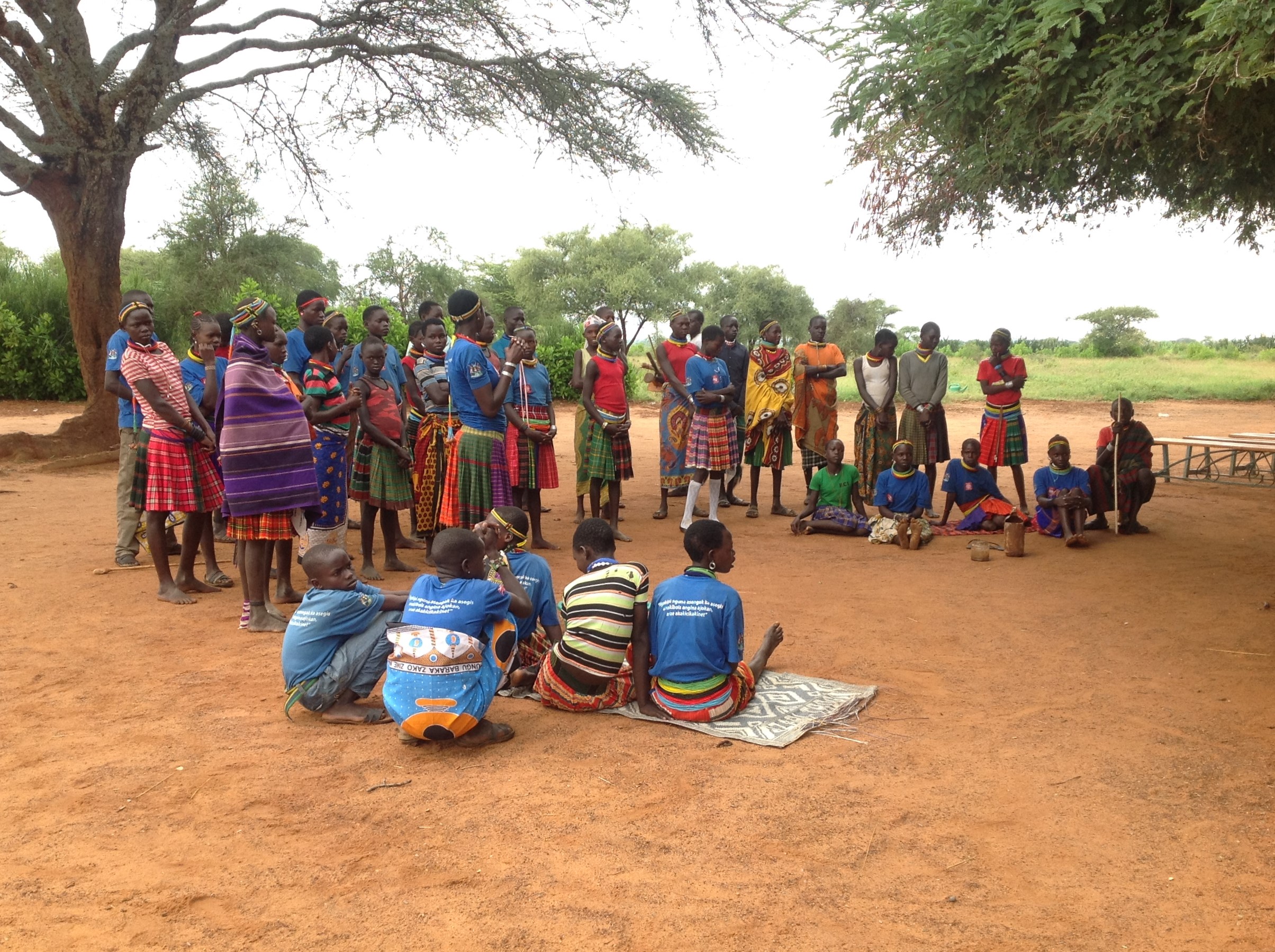It’s the rainy season and we can start to see the richness of the earth in the maize and bananas growing everywhere.
I’m on a 10-hour drive from the suburb of Munyonyo, on the outskirts of Uganda’s capital city, Kampala, and heading to Moroto in the north east of the country.
The choking traffic fumes of the city soon give way to fields of maize; cattle and goats leisurely munching the vegetation by the side of the road; and small towns heralded by market stalls looking to attract passing trade.
Moroto is home to the Karamoja people and is one of the least developed parts of the country. Many villages and settlements are very isolated. Here, we’re able to reach remote communities by working through Caritas Moroto, the development arm of the local diocese. I was visiting the area to see for myself how a CAFOD-funded water project is changing lives for the better.
Water, this basic commodity, that many of us don’t even give a second thought to, is such a precious commodity in Moroto. The shortage of clean safe water is a major issue affecting daily life for everyone. Children, often girls, walk long distances for water – often for hours at a time – to fetch, more often than not, dirty water.
However, modern technology is at the heart of supporting a number of isolated communities to thrive. I saw how sustainable renewable energy, in the form of solar-powered borehole pumps, provide running water to more than 42,000 people.
The headteacher at the local Nawanatau school told me that because of the installation of the solar powered pumps, girls especially were now attending school. They’ve gone from four to 39 girls sitting in classrooms.
Staff at Caritas Moroto showed me some letters from the children. One of the young girls had written that she was so grateful for the water supply because it meant she could still attend school when she was having her period.
The school children have also formed a “WASH” club to share with each other good hygiene practice messages, such as regular hand washing.
Access to water also means that small ‘kitchen gardens’ – around the back of the school have been established, where children help with growing vegetables and fruit trees.
We also visited a health centre which has benefited. Now that it is connected to running water, it is easier to maintain a clean sterile environment - making it safer for patients when they visit. This had meant more people had come. The Nursing Officer in Charge, Philip Lotee, told me that the provision of water had made a huge difference. He had seen an increase in mothers coming for ante-natal clinics and a big reduction in sickness and diarrhoea. Over the last year, 5,000 outpatients had been seen in the clinic. Philip also told me that as a result of the water provision, he had been able to attract other organisations to support the clinic and they were now building a maternity ward.
We can’t get away from the fact that access to clean safe water and poverty are intertwined; reaching vulnerable and marginalised communities with consistent sources of clean water is crucial in improving hygiene – which means less disease and better health.
In his Encyclical, Laudato Si’, Pope Francis reminds us that access to water is a basic human right: “some questions must have higher priority. For example, we know that water is a scarce and indispensable resource and a fundamental right which conditions the exercise of other human rights. This indisputable fact overrides any other assessment of environmental impact on a region.” (section 185)
This was put into practice in Moroto where the Church, through Caritas Moroto, was the driving force behind the solar-powered water boreholes, and behind other projects I saw.
These remote communities may not see a priest for months, and so are very reliant on local catechists. However, in many respects the relationship between the Church and the communities is present in the ties between the staff at Caritas Moroto and the local communities. I was struck by the genuine relationship and the strength of the partnership. This of course was down to the committed work of Caritas Moroto’s experienced staff, who work tirelessly to bring change and transformation to communities. Their work is a daily reminder of what one woman in a local community, Maria, said to me was “the goodness of God”.
People greeted me with real joy. There were many times when we were standing in a field, or a clearing, or under a tree with a group or a community, where we heard the stories of struggle and witnessed the poverty of the conditions that families were still living in, where we laughed, cried and danced together. To see how lives were transformed by the provision of clean water – that we take so much for granted – was humbling.
A special moment for me, was the time spent together in prayer. As I reflect on the courage, dignity and tenacity of the many people I met, I feel inspired to re-invigorate CAFOD’s work to ensure that the pressing needs of the people of Moroto, and many other communities across the world, are not forgotten.
Christine Allen is director of CAFOD.
In Lent 2016, CAFOD supporters raised £4.3 million to bring practical help to people living in poverty. Supporter donations were doubled by the UK government, funding vital new water and sanitation projects, like the one in Moroto.



 Loading ...
Loading ...
What do you think?
You can post as a subscriber user ...
User comments (0)